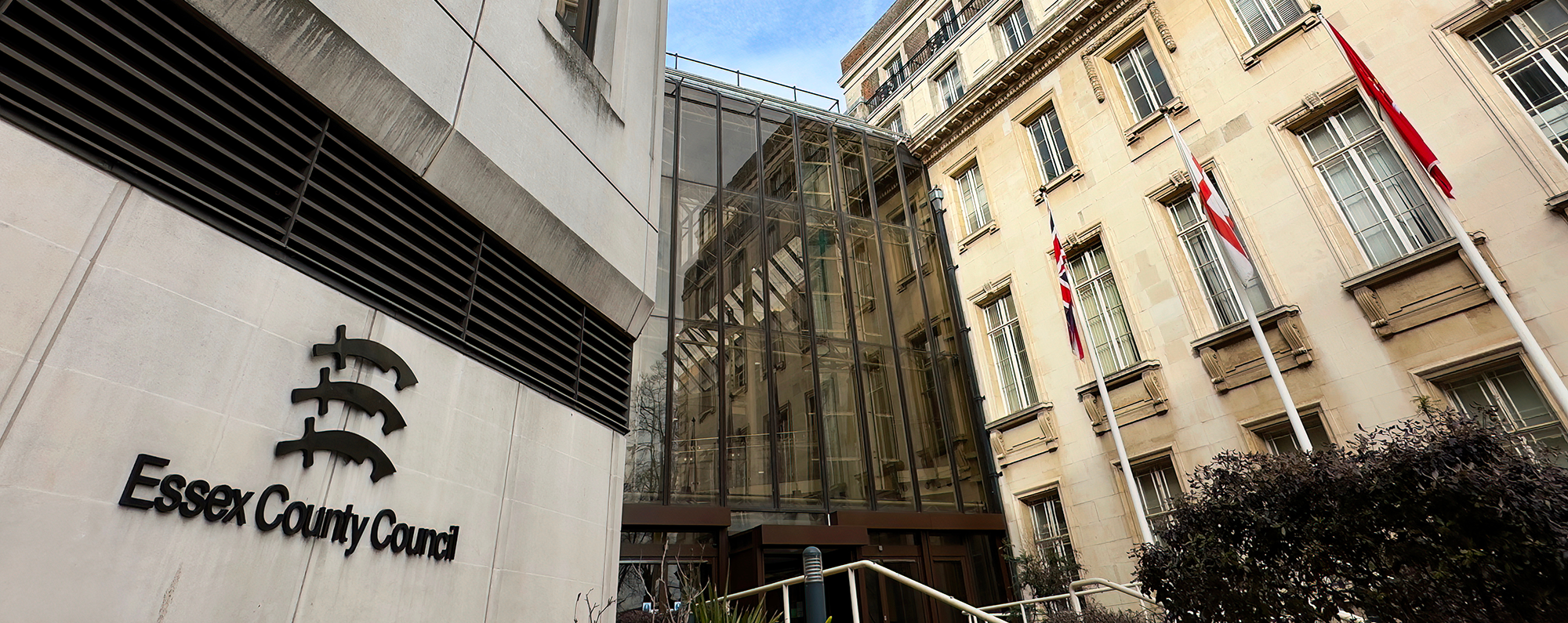
Beyond the sticking plaster: A vision for long-term reform of local government finances
The current crisis in local government finances is being felt across the country, with communities paying the highest price. In Leicester, adventure playgrounds used by children in the school holidays are being closed. In Hampshire, funding for mental health wellbeing services has been cut in half. In both the London Boroughs of Havering and Newham, the councils have announced they are unable to fund Christmas lights for 2024. Sunderland had 11 council-run libraries in 2016, but today just three are left.
As a result of the increasingly dire financial situation many councils are in, they are being forced to prioritise spending for those services which support more vulnerable people, such as adult social care, children’s social care and homelessness relief. This means councils have no choice but to cut other general services, like playgrounds, libraries and even Christmas lights.
The ‘sticking plaster politics’ approach to local government finances is running out of road, and is doing serious damage to the social fabric of our society, while demand-led high need services are pushing councils to the edge of bankruptcy and, in many cases, simultaneously delivering poor outcomes.
This report investigates why we have ended up in this situation, arguing that one of the key underlying reasons for the current financial crisis is the lack of clarity regarding the purpose of local government in England. It then proposes a new vision for liberated local government and long-term reform of local government finances designed to support that vision.
